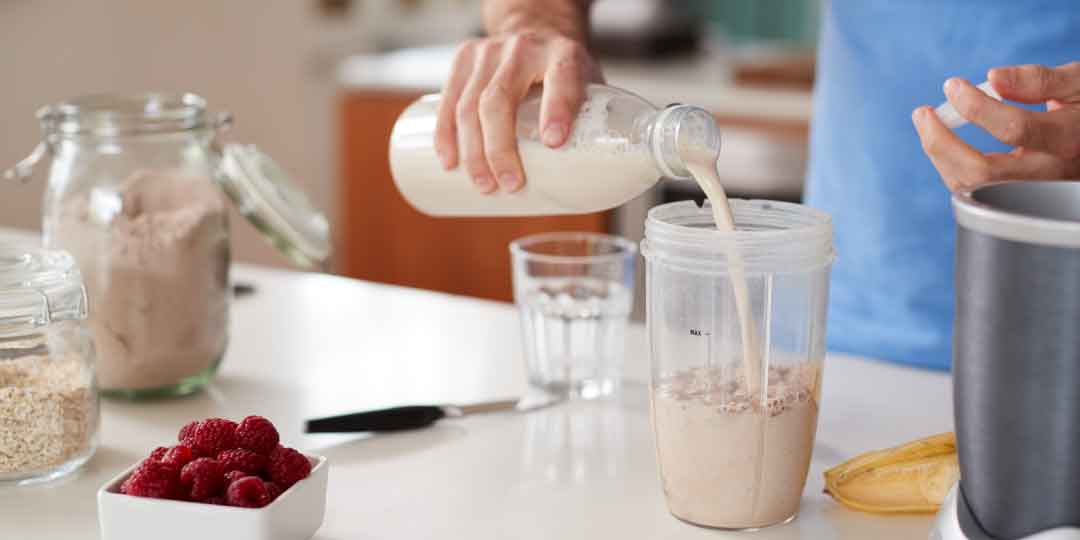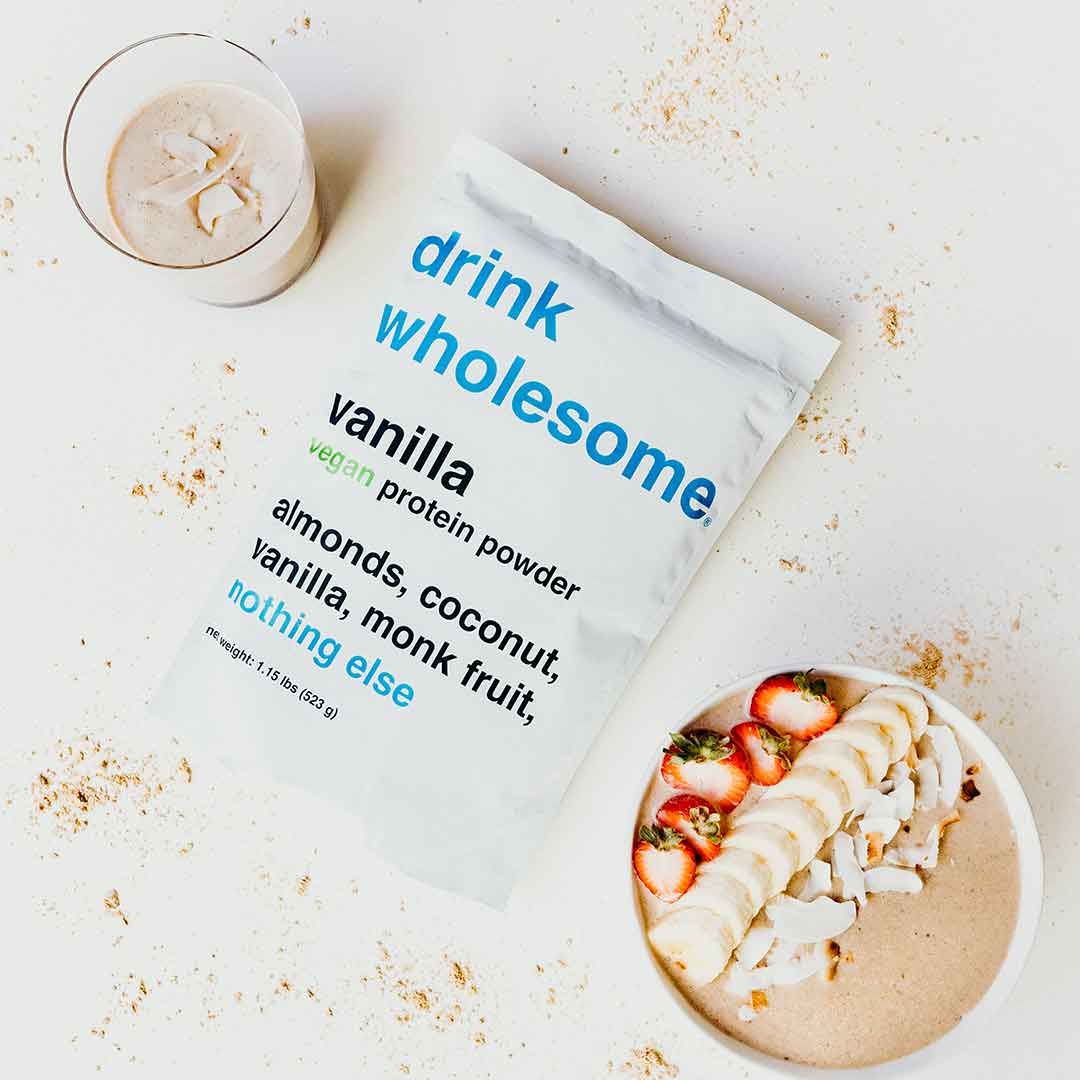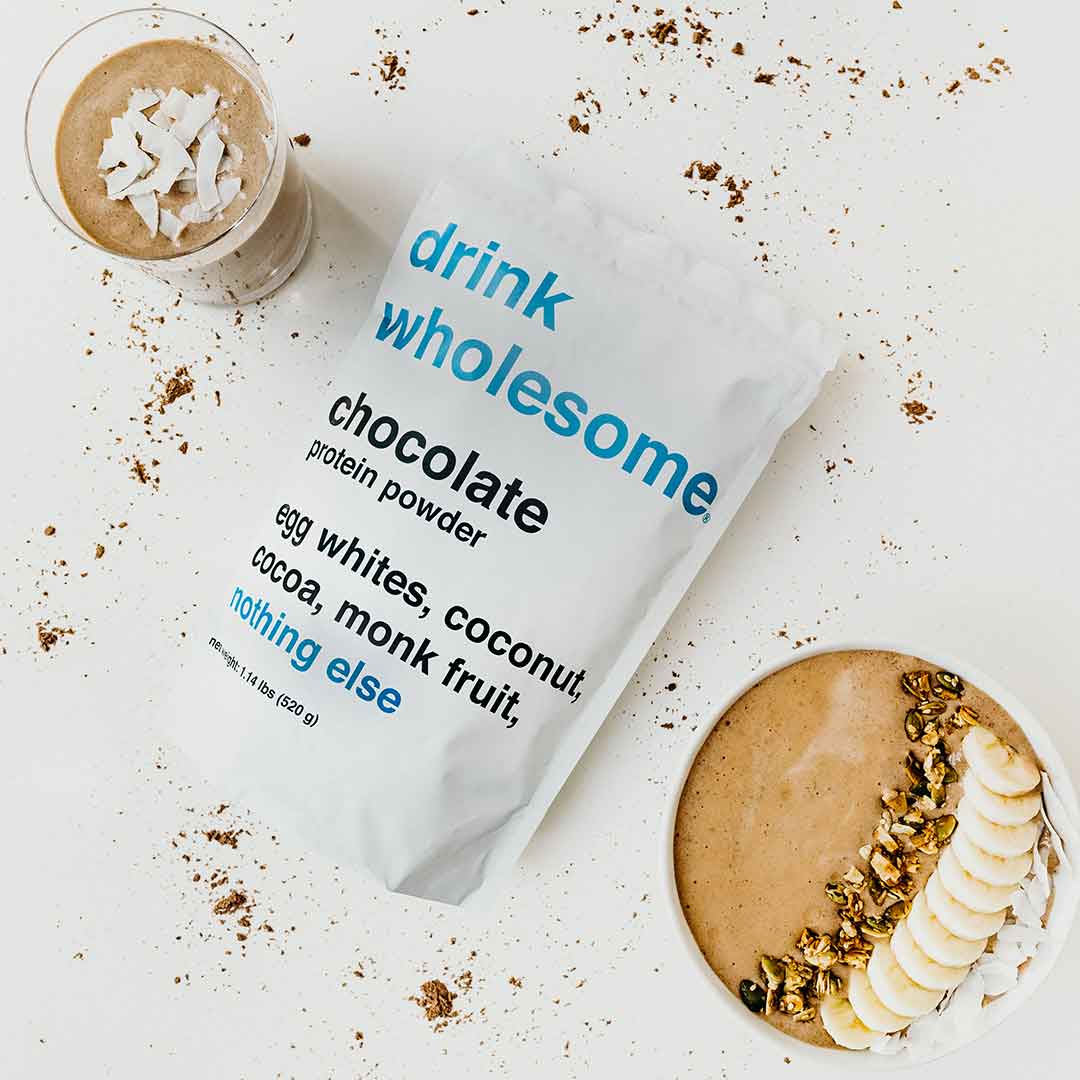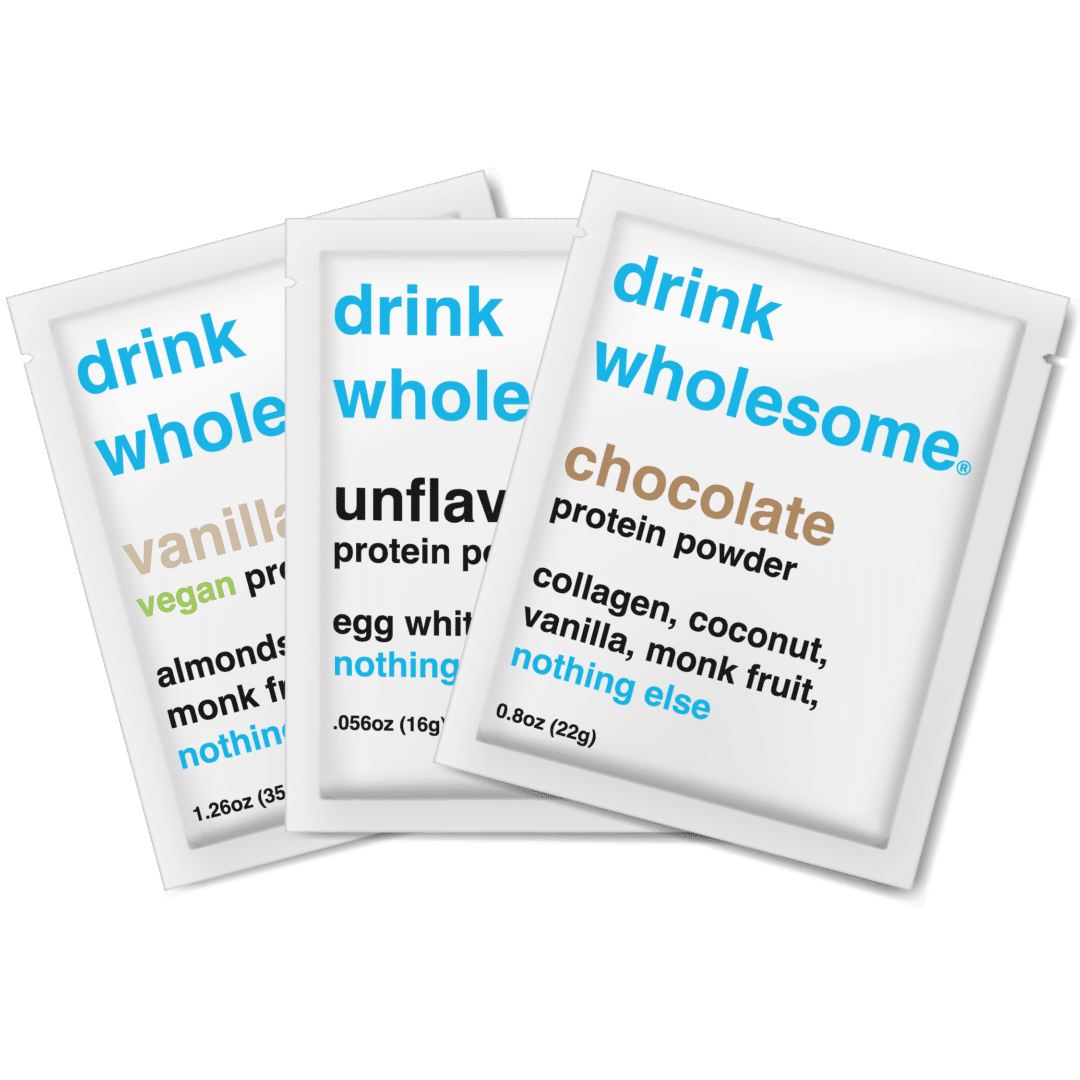This is why protein shakes make you poop.
Written by Jack Schrupp & endorsed by Baylee Reller, RDN
Do protein shakes make you poop?
Protein shakes make me poop, so if they make you run to the bathroom, you are not alone. The average protein supplement is not easy to digest, and can cause a number of gastrointestinal (GI) side effects, including diarrhea. Keep reading to learn why protein shakes make you poop, and how to boost your protein intake without side effects.
Why do protein shakes make you poop?
First of all, there are two types of protein shakes: ready-to-drink (store-bought) protein shakes and (homemade) protein shakes made with protein powder. If protein shakes have made you poop in the past, I highly recommend that you start making your own protein shakes with protein powder. Most ready-to-drink protein shakes are made with ingredients that are not stomach-friendly, and using protein powder gives you much more control over what you put in your body.
Now without further ado, here are the top 5 reasons why protein shakes and powders can make you poop. Keep in mind that what triggers side effects for one person, may not trigger them for the next. That said, it is safe to say that if your protein supplement makes you go to the bathroom, one (or more) of these ingredients is likely to blame.
1) Food additives can make you poop.
Most protein shakes are full of food additives. Even in small quantities, additives can cause gastrointestinal (GI) side effects like diarrhea.
Basically, because additives do not look like real food, they cannot be fully digested. Partially digested food causes your colon to absorb extra water because it has a high osmotic load.
High osmotic load refers to a situation in which the concentration of solutes (in this case food) in a solution is relatively high. When the osmotic load is high, there is more osmotic pressure. Osmotic pressure is the pressure exerted by a solvent (usually water) as it moves across a semipermeable membrane (in this case the colon) in order to equalize the concentration of solutes on both sides of the membrane.













